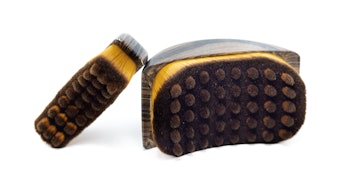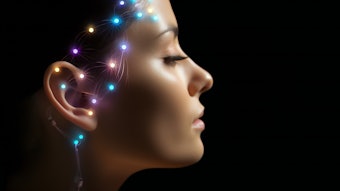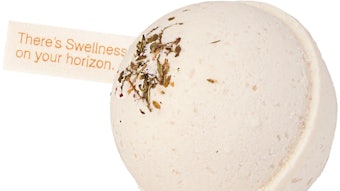
Understanding the consequences of stress on health, illnesses and skin disorders is crucial, as stress permeates so many aspects of our daily life. What role does stress play in many skin conditions? Aging skin exhibits several unfavorable symptoms including depletion of collagen, increased lines and wrinkles, age spots and glycation.
Other unwanted skin conditions including rosacea, psoriasis and acne share a connection to gut microbial imbalances brought on by long-term stress. Understanding how stress impacts illnesses and skin conditions is vital, as these conditions are persisting and on the rise.
What skin conditions related to stress are estheticians able to evaluate topically? To assist clients to restore optimal skin function and healthier skin, the solution lies in comprehending the physiological and biological processes of the cells when chronic stress is present. This article will offer information to help identify the physical abnormalities on the skin that are linked to stress. As a foundation, let’s begin with a brief overview of the physiological and biological components of stress.
Related: Stressing the Treatment of Stress for Healthy Skin
Physiological Effects of Stress
The body follows a biological feedback loop termed the HPA axis (hypothalamus, pituitary and adrenal glands). When the brain (hypothalamus) senses stress or a threat, a message is sent to the pituitary gland. The pituitary gland responds and sends a message through a hormone termed adrenocorticotropic (ACTH) to the adrenal glands. The adrenal glands, located just above the kidneys, respond with a release of cortisone and cortisol.
Overall, stress-related substances such as adrenaline, cortisone and cortisol are synthesized by the adrenal glands.1 When cortisol is released, other hormones and systems take a back seat until the threat or source of stress dissipates. Digestive enzymes, melatonin, sex hormones and insulin functions are all influenced during stressful times.
Continue reading about the connection between stress and skin conditions in our Digital Magazine...
Susan Wade holds a Master’s in Education Administration, is a licensed esthetician, functional medicine practitioner and certified precision nutrition specialist. She is also the director of education for Viktoria De’Ann Peptides. Wade’s passion is learning and writing about the complexities of the human body and how it rejuvenates, avoids diseases, and regains energy.











